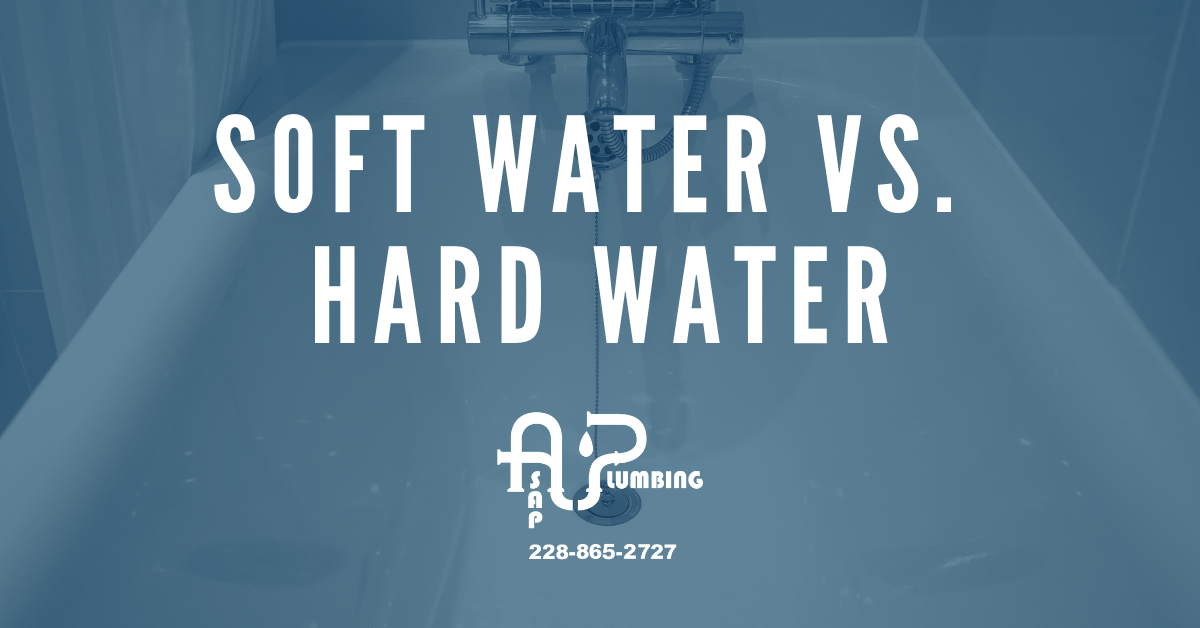Undoubtedly you’ve heard the terms soft water and hard water, but what do they mean and what does that mean for your home?
Hard Water: water containing dissolved minerals such as calcium and magnesium. The water’s “hardness” is due to the concentration of dissolved minerals.
Soft Water: water that has been treated to remove the calcium and magnesium, leaving behind only the ion sodium.
Natural rainwater is considered to be soft water as it falls from the sky. Once the water reaches the ground and flows through the rocks, it picks up minerals from the dissolving soft rocks. Water that flows through harder rocks, like granite, remains soft water as the granite does not dissolve.
Hardness levels are calculated by the concentration of dissolved minerals and are measured in grains per gallon (gpg)
- Soft water – less than 1 gpg
- Slightly hard – 1-3.5 gpg
- Moderately hard – 3.5-7gpg
- Very hard – 7-10 gpg
- Extremely hard – over 10 gpg
But what does this mean for you and your home? There are benefits and downfalls to both hard and soft water. Each serves a different purpose and you can decide which option is best for your household.
Hard Water
Many people enjoy the taste and health benefits from the minerals in hard water. This makes hard water an excellent choice for drinking water; however, it is not as good for your home.
Hard water can lead to dingy clothes, spotty dishes, filmy bathtubs, and dull hair. Soaps become less effective as they react with the magnesium and calcium in the water causing them not to lather as well and the hard water is tougher on appliances while using more energy. Also, the minerals may cause limescale build up inside of pipes which will lead to lower water pressure. Between the extra soap, wear on appliances, excess water use (from rewashing clothes and dishes) and the increased energy bill, hard water becomes costly for your wallet and your home.
Soft Water
Soft water is more efficient when it comes to cleaning. Soaps lather better so you receive a better clean in your washers and your shower. You’ll notice that your shower liner remains scum-free and your clothes and skin feel softer. Soft water also helps to save you money with lower energy bills and less wear on appliances.
However, drinking soft water is not recommended for those with heart or circulatory problems as it tends to be higher in sodium. Soft water is also not recommended for older homes with lead piping as it cannot dissolve the lead enough to become harmless.
Not sure if hard or soft water is best for your home? Interested in installing a bypass valve so that you can have the best of both? Call ASAP Plumbing today at 228-865-2727 or visit www.plumbinggulfportms.com and request a free estimate! We can handle all your plumbing needs including installation, repair and full water heater replacement.

